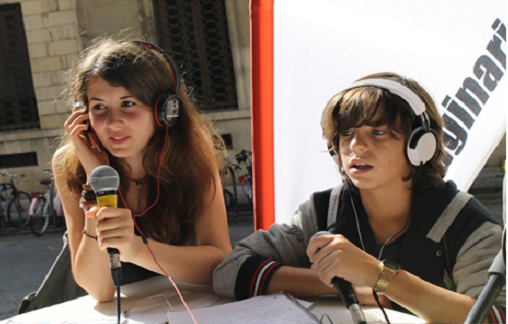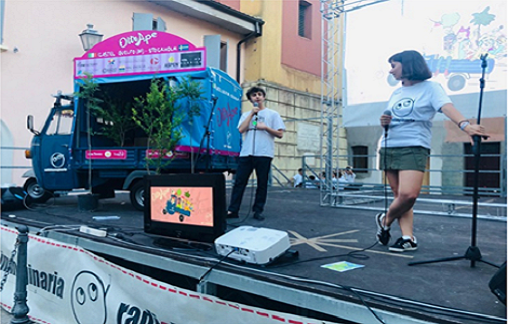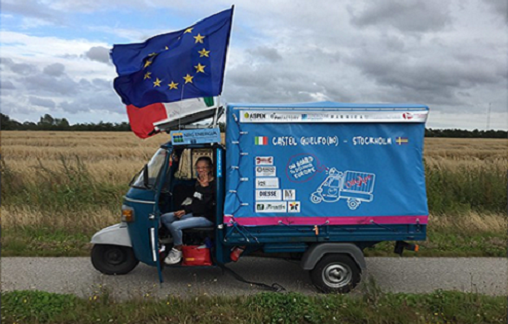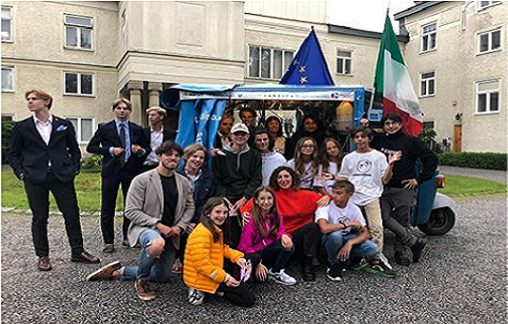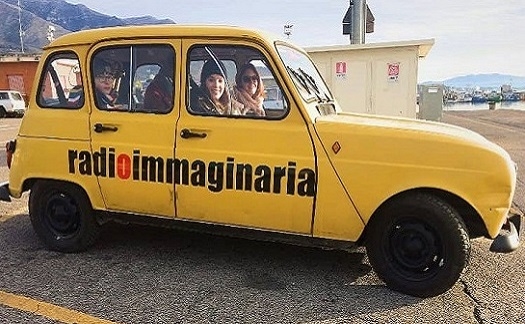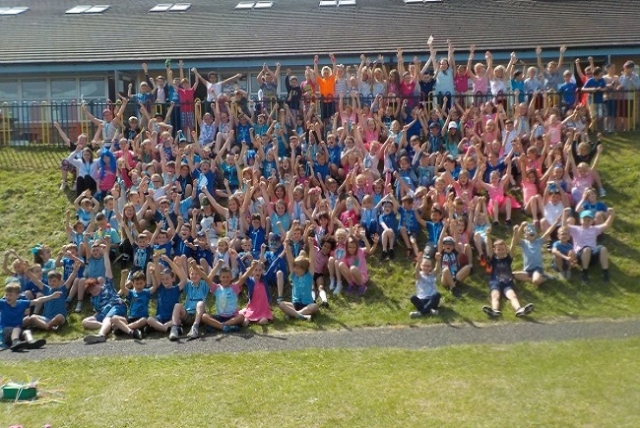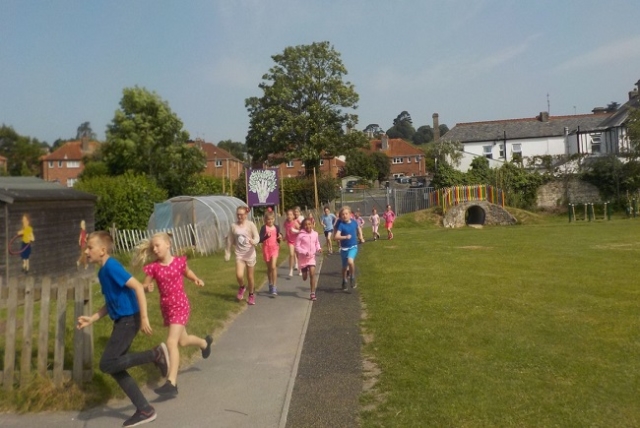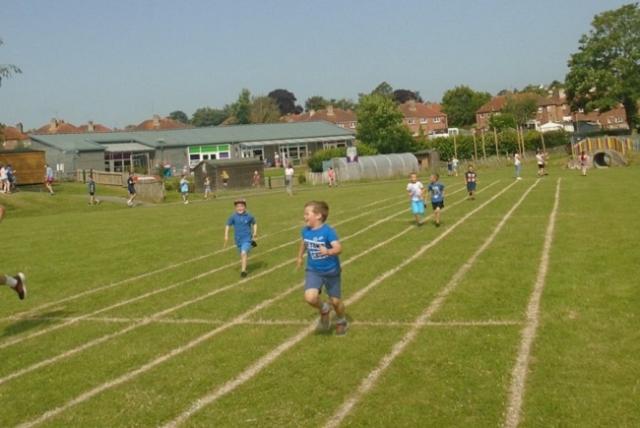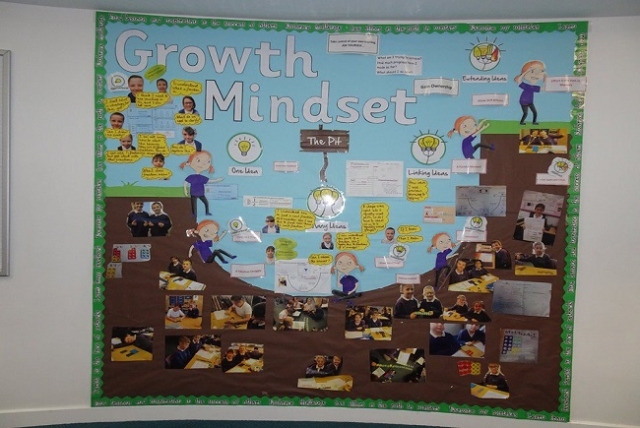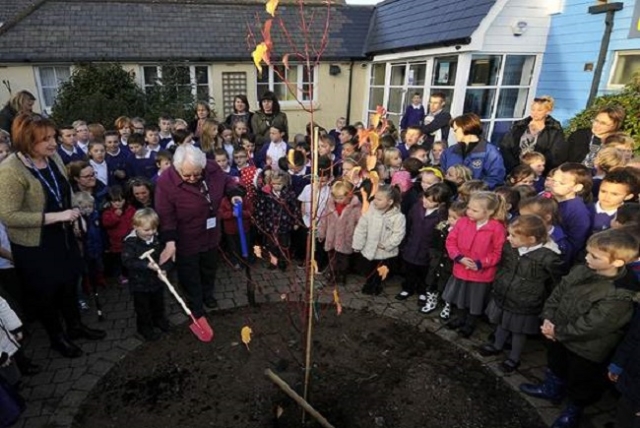2nd session abstracts

Pedagogy as we know it today is focused on building the cognitive dimension of learning.
However, recent research in positive psychology and the neurosciences show that not only can cognition be a cause of emotion but emotions can be a cause of cognition. In other words, cognition and emotion work hand in hand. This provides a challenge for the education system. Assuming away the role of emotions in students learning experience is diminishing their potential to learn to be active, humanitarian citizens.
The brain must be seen as a social brain whereby behaviours and decision making are influenced by a complex neural network connecting the cognitive and the emotional.

Education therefore, needs to be realigned to the way we learn and react. This calls for introducing Social and Emotional Learning (SEL) as an integral part of curricula. The purpose is to train the emotional brain to exercise self-regulation, emotional regulation, empathy and compassion.
The school must no longer be seen purely as an institution for developing cognitive skills but rather as a place where kindness starts. Experiential learning in the form of acts of kindness is one of the strongest pedagogical tool for social emotional learning as, through action, it is able to develop the social and emotional competencies we so urgently need in our present world.

“My name is Old Tjikko and I am, to my knowledge, the oldest tree in the world. I am 9550 years old. I’ve seen a lot, I’ve lived a lot and I never stop surprising myself. Today I’m happy. Because I see children giving new life to the world. Because I see them plant and take care of the planet. Because I see them worry and act. Because I feel they can build a different future than the one that was announced. I`ll be here to watch what these children are able to build. As long as adults (who already forgot they were once children) let them act.”
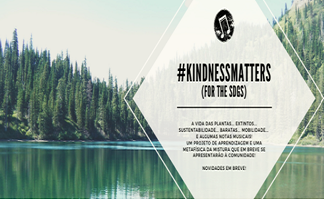 This was the end of a musical organized by the children of Scholé, a school based in Matosinhos, Portugal. The musical was the culmination of one of the learning projects, named “Kindness Matters (for the SDG´s)”. Six weeks of project-based learning to nurture the sense of agency, the sense of care and the consciousness that one can change the world by giving hands to others. But this is just a bit of what happens day-to-day in a school that wishes to become a better school for the benefit of the world. This school for the world, and for a world that has not yet arrived, must necessarily open to the world and welcome the world itself.
This was the end of a musical organized by the children of Scholé, a school based in Matosinhos, Portugal. The musical was the culmination of one of the learning projects, named “Kindness Matters (for the SDG´s)”. Six weeks of project-based learning to nurture the sense of agency, the sense of care and the consciousness that one can change the world by giving hands to others. But this is just a bit of what happens day-to-day in a school that wishes to become a better school for the benefit of the world. This school for the world, and for a world that has not yet arrived, must necessarily open to the world and welcome the world itself.
“…Global and local, universal and singular, tradition and modernity, short and long term, competition and equal consideration and respect for all, routine and progress, ideas and reality – all obliges us to refuse recipes or rigidity and to appeal to think and create a common destiny that can emancipate humanity.” (Profile of the students at the end of compulsory schooling, Portuguese Ministry of Education, 2017).
 Scholé sets itself as a launching pad for the learners to discover (their inner world and the worlds around them) and a haven where they can always return to, dock and set sail. We truly believe “School should be the place where all children in all families can be welcomed, whatever their scent, shape, binding or language.” (João dos Santos, 1981)
Scholé sets itself as a launching pad for the learners to discover (their inner world and the worlds around them) and a haven where they can always return to, dock and set sail. We truly believe “School should be the place where all children in all families can be welcomed, whatever their scent, shape, binding or language.” (João dos Santos, 1981)
The ability to dream and project the ideal profile that would represent a learner from Scholé cannot (nor could) overcome the unpredictability that the potential for growth in a globalized world naturally implies. The principles, attitudes and values we list for our learners are guiding stars in a growth process, but the space, experience and relationship will certainly dictate the opportunities and destinations of the trip. Each and every child develops a sense of agency: to be whoever they want, starting from a shared desire to contribute to the world.
“In today´s world, everyone needs to be entrepreneurial. Not entrepreneurial in the sense of starting a for-profit business but in the sense of fighting tirelessly to improve your world through your skills, passions, perseverance, audacity and community support. It´s the essence of our humanity – to create, to invent, to make our world better.” (Dintersmith, T. (2018). What Schools Could Be. Princeton University Press).

Radioimmaginaria is a radio held by teenagers and the first network in Europe made by boys and girls from 11 to 17 years old. It was created in 2012 in Castel Guelfo near Bologna; today it has more than 300 teenage speakers who broadcast from 50 cities in 9 different countries.
This summer a group of Radioimmaginaria speakers embarked on extraordinary adventure, “OltrApe”, a journey in ApeCar from Castle Guelfo to Stockholm to discover Europe and debate about climate change and environment in the footsteps of Greta Thunberg.
(click to enlarge)
After this “avant-tour” on an old 1970 ApeCar refurbished and made ecological, the next goal is to give the opportunity to other teenagers to discover Europe, without parents or teachers, doing journalism and communication with Radioimmaginaria.

Our mantra at Highweek Primary School
Our mantra at Highweek Primary School has always been for our children to be ‘the best possible learners they could be’, but how could we achieve this when so many other approaches we had tried had failed?
Our quest was to develop students who have a love of learning, who embrace risk and stay resilient when challenged. We wanted our teaching to become less adult led, for there to be more collaborative learning through dialogue and problem solving with a relevant, meaningful and creative curriculum to meet the needs of our learners.
We needed to be brave and find an approach that would serve our community well, to fulfil the ambition of our students being able to achieve anything they want, and for us to have a sense of belief in ourselves and each other. We needed to find a way to make that difference, something that was deep and meaningful, that would have impact. Our journey to achieve this has been one of exploration and action research.
(click to enlarge)
Our journey towards a growth mindset school
Since May 2016 we have been working with James Nottingham and Challenging learning on developing students learning behaviours and attitudes. Much of this approach has been centred around the work and research of Professor Carol Dweck on developing a growth mindset attitude to the challenge of learning.
Carol Dweck’s research indicates that mindset has significant effects on behaviour and performance, particularly in the face of challenging tasks. Her work has shown that most people who have fixed mindsets avoid challenging situations when given the choice because they are very concerned abo ut failing. From the perspective of a fixed mindset, failure indicates a lack of ability, and therefore a lack of capability or intelligence. People who have a growth mindset, however, view struggle or failure as a natural part of the learning process and an opportunity to improve. Carol Dweck believes that mindset can impact all areas of a person’s life, from academic success to personal and professional choices.

We have used this philosophy as our starting point to change student’s beliefs, their mindsets and attitudes to learning. Working with Challenging Learning we have implemented a range of teaching and learning techniques as well creating our own personalised approach to teaching and learning. We now use strategies such as the Learning Pit and SOLO’s taxonomy, dialogue, Philosophy for Children to support how our students learn.
Our thirst for new challenges
We now have a shared language for learning attitudes that is embraced by all, a structure and belief that is secure and shared by all that drives us with a common aim.
We have engaged enthusiastic learners who have a thirst for new challenges and a curiosity about the world. Articulate, c onfident children who can talk, discuss, debate, explore and challenge ideas and concepts. Confident children who have high aspirations.
Engaged parents who are actively involved and interested in their children’s learning and the progress.
We have raised the bar on aspiration and possibilities in children and staff. It has impacted into every strand of school life and the results have been transformational for our whole school community.

Lene will talk about the development from the mono functional classroom to human centered learning spaces for 21st century learning – and even moving more towards local culture centres as learning becomes more and more connected. School buildings are powerful infrastructures, requiring us to be very intentional about the design shaping our eco-systems of learning.
Transitioning to a new design of learning spaces is not an easy endavour. It requires far more than good design, and many decisions are made far from the classroom, resulting in solutions that may often not be meaningful to teachers.
Lene works to bridge t hat gap, giving teachers and students the leading voice in learning space and school design of the future. She will share her work with early stage engagement of teachers and students through her Learning Space Design Lab where thousands of teachers and hundreds of students this far have given very clear evidence of their dream of tomorrows learning spaces.





